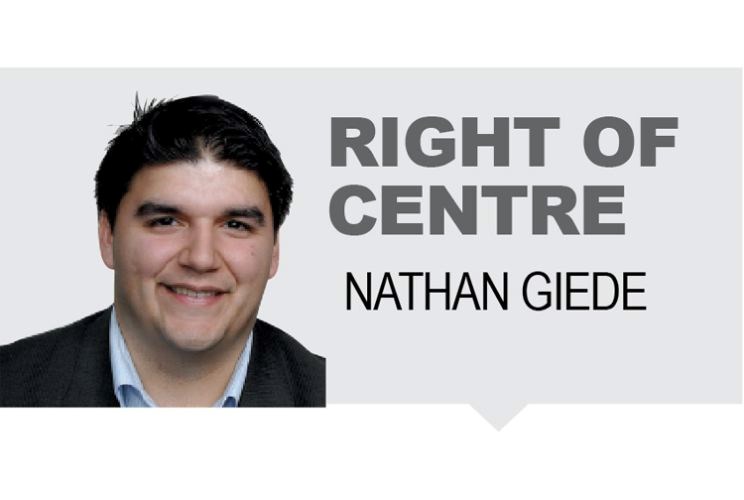With Victoria Day on the horizon, the monarchy ought to be our theme. Republicans scoff at such notions but won't explain why when unrest is growing everywhere citizens vote for their king. Whatever our ancient system's failings, instability is not one of them. Rather than trusting legal abstractions, we ask a person to guarantee our peace and order with integrity and authority. Her Royal Majesty Queen Elizabeth the Second has excelled at this duty of care for over 67 years.
Of course, the Royal Family today, and the British monarchy throughout history, are not without sin. But from Cromwell to Corbyn, anti-monarchists always mistakenly blame the institution for corruption, rather than bad characters at the helm. None of the revolutions in Europe liberated the suffering serfs, no matter how many regal heads rolled. And as the 20th century proved, "people's republics" can be far more brutal than the most wicked kingdoms.
The monarchy serves as a human backstop to our technocratic and legalistic times. As state and market actors become ever more distant from their dependents, the fact that a real person, outside the melee, has interests like our own and the power to enact them is reassuring.
In Canada, this preeminence of the monarchy is clearest in the relationship with First Nations. The Royal Proclamation was made by King George III to protect his Indian subjects from the wanton expansion of the American colonists. While our relationship with government is full of problems, we owe our status within the Dominion of Canada to the fiduciary relationship strongly felt by our rulers, all the way down to the current "great grandmother across the sea."
Indeed, the word "indigenous" grates my ears because I no longer stand in solidarity with the various tribes across the globe that were once united by an Imperial majesty. From Victoria to Edinburgh, from Johannesburg to Sydney, all of us defended Crown and country not by compulsion, but because the Empire was better than the alternative due to who was in charge.
I often wonder what was gained from decolonization - besides savage civil wars or evil autocrats.
Our current obsession with "privilege" has given vulgar jacobins a new wedge to drive into the populace when it comes to the monarchy. In Canada, this discussion dates back to the King-Byng Affair, which tried to answer who had the final say in politics: the selected or elected?
To put it bluntly, history has vindicated those of us who were on the Governor General's side in that contest; our monarchs and their representatives have learned the lesson of Charles I ruling by entitlement rather than parliament.
The same cannot be said of elected officials, who are caught daily with their hands in government coffers or using the justice department for a political purpose. Ruling like an absolute monarch clearly does not require a drop of royal blood.
Perhaps that's the greatest justification for the monarchy: human nature is constant, and given the willfulness that can result from voting for everything, what was good enough for our ancestors, with some adjustments based on empirical data, ought to be good enough for us.
Canada owes its existence and historical endurance to its royal leanings. From chartering the Hudson's Bay Company to ensuring tolerance for Catholic Quebec, from the first legislature in Nova Scotia to constitutional repatriation, we have evolved in step with the monarchy for over 300 years.
It has been unbearably slow at times, but our "peace, order, and good government" is inseparable from the devolution of power over centuries. We are fortunate to be the Dominion of Canada.
The debate over the monarchy will continue to simmer in this country, but my bet is that independence will never occur.
Far from just keeping tradition or convention, who wants to argue sovereigns when we have a home, several IPAs and a long-weekend in their name to enjoy?



